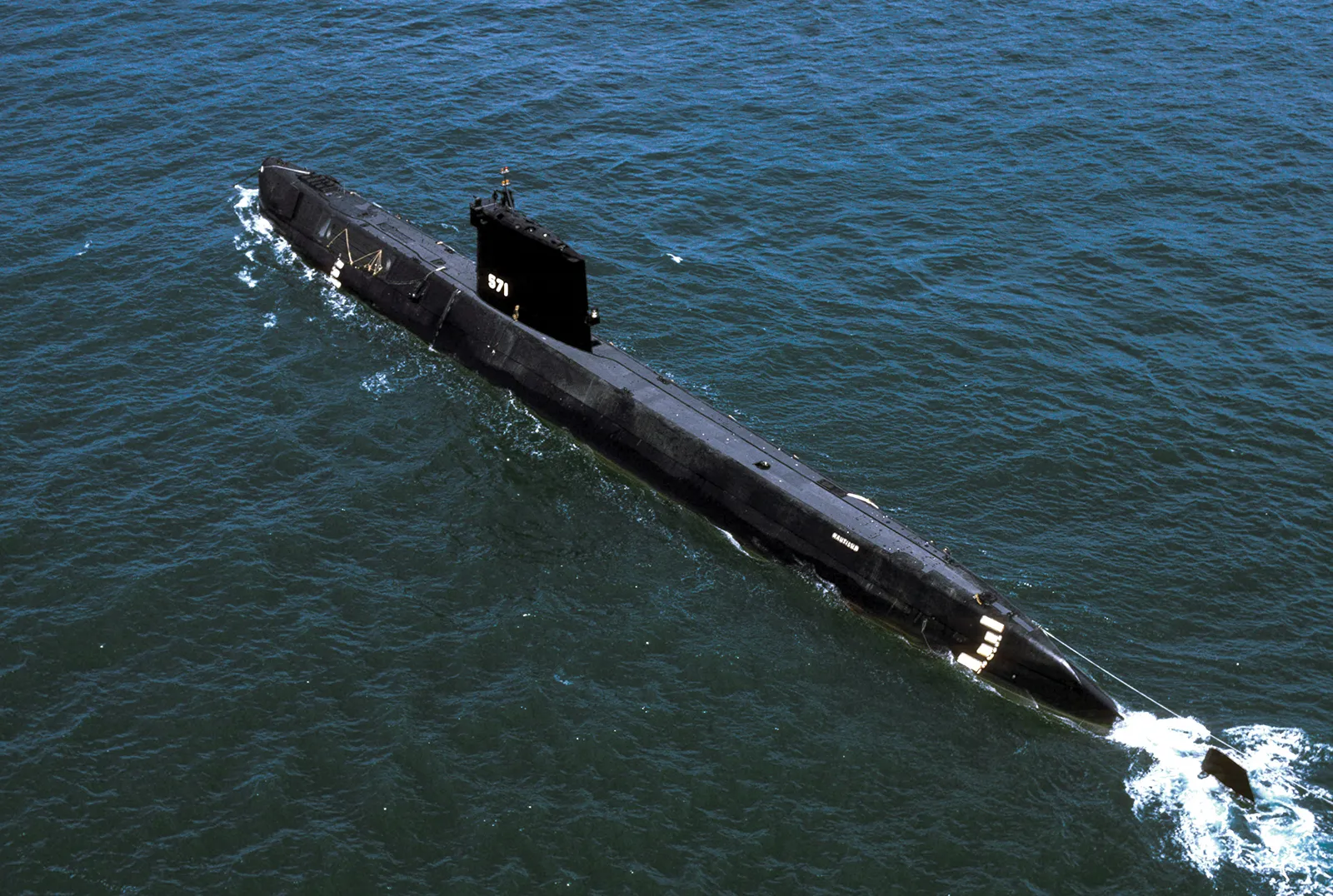
Representative Image
New Delhi: The Spanish shipbuilder Navantia and the Indian shipyard Larsen & Toubro have partnered up for the Navy’s massive but long-delayed Project 75 India (P75I) submarine programme, which calls for the construction of six next-generation undersea vehicles.
The agreement between the two businesses was announced on Monday for the project, which calls for Indian bidders to collaborate with a foreign original equipment manufacturer (OEM) and carry out the delivery plan for six conventional submarines with air-independent propulsion (AIP). The contract states that Navantia will design the P75I submarines based on its S-80 class of submarines, the first of which was launched in 2021 and is currently undergoing sea trials before being delivered to the Spanish Navy at the end of 2023.
Apart from the S-80 class, Navantia has been involved in the design and construction of the Scorpene class of submarines together with DCNS (now Naval Group) of France, which have been exported to Chile and Malaysia. Navantia has also been involved in the Scorpene submarines (Kalvari class) built in India, including handholding of the Indian yard.
According to a press release from Navantia, its cutting-edge third-generation AIP system is the most effective and advanced AIP in the world, in addition to being the most compact, straightforward to use and maintain, and environmentally friendly. It uses bioethanol, which is known to be inexpensive, easily accessible, and does not require any particular infrastructure, as a source of hydrogen.
According to the news release, the AIP system’s efficiency is increased by the high hydrogen density of ethanol. Due to its liquid state, ethanol does not provide the dangers that come with storing hydrogen. Additionally, the system may be refuelled anywhere in the world thanks to the widespread availability of ethanol.
Along with the Spanish company, competitors include ThyssenKrupp Marine Systems of Germany and Daewoo Shipbuilding and Marine Engineering Company of South Korea. The Germans are the front-runners for bagging the contract.
(This story has not been edited by Bharat Express staff and is auto-generated from a syndicated feed.)

















